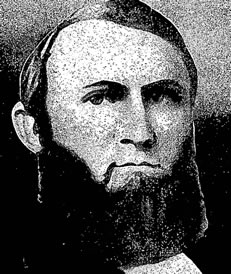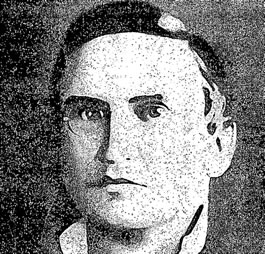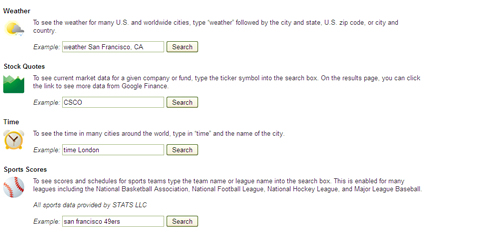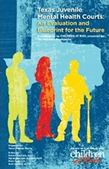We often get asked if we work when the Legislature is not in session. The answer is: yes. During the interim our staff is busy offering the same services we do during session, including our daily news clipping service, research assistance for legislative staff, state agencies and members of the public, current awareness services such as our weekly Current Articles list, Twitter feed and blog, and our work assembling original bill files. We also spend time enhancing existing library resources and creating new ones. In past interims, we've developed systems to put legislative interim reports, constitutional amendments and governor documents online in searchable databases. Some of our long-term projects, such as our Texas Legislators database, have been ongoing for several years.
A project that we began developing in 2002 and that is also ongoing today is our Legislative Archive System, a project in cooperation with the Texas State Library and Archives Commission to scan and organize original legislative bill files and make them available online. Since its inception, over 100,000 bill files have been scanned and cataloged in the system. That's all bills from the 76th Legislature (1999) back to the 50th Legislature (1947). We're now scanning bills from the 49th Legislature (1945), and the materials are more fragile and have special handling requirements. Most of the bills, for example, have been for decades folded into thirds. To scan these, it is necessary to first humidify and flatten them. Here are pictures of the equipment we use to do this.
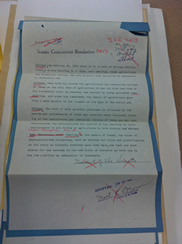


While it may be surprising that we use rubber trash cans, bricks and wooden boards to treat these materials, this is a standard procedure used by many libraries and archives.
In addition to our ongoing projects, we're excited to release soon a new resource containing scanned committee minutes from past sessions. Until now, these have been available in hard copy only, so this should be a great help to researchers. Stay tuned for more information about this and other future resources.
This entry was posted on July 27, 2011 at 8:36 AM and has received 1480 views.
Print this entry.

